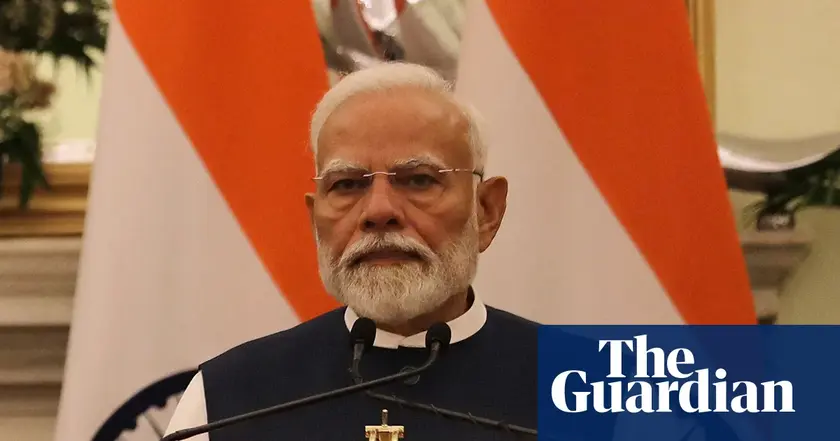T4K3.news
Free speech at a price
Wealth and lawsuits shape what can be said in media and who pays the cost.
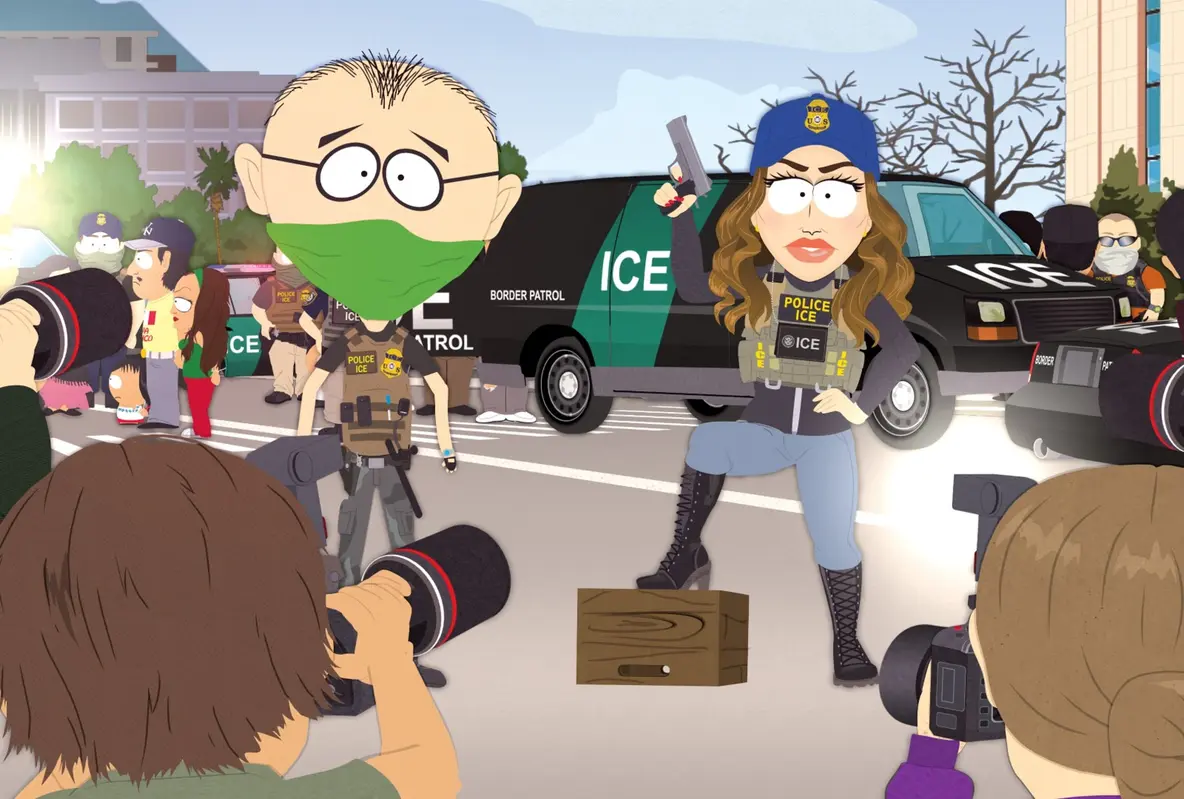
A sharp editorial analysis of how wealth and legal power influence free speech battles in media and politics.
South Park reveals the mounting price of free speech
Paramount Global recently extended its deal with Parker and Stone’s Park County and South Park Digital Studios to about 1.5 billion dollars, locking in 50 new episodes exclusive to Comedy Central and Paramount+. The arrangement sits in a chain of streaming rights that have cemented the show’s financial footing since 2007, including earlier agreements with WarnerMedia and ViacomCBS. The premiere of Sermon on the Mount drew nearly 5.9 million viewers on Paramount+ and Comedy Central, with a second episode bringing in 6.2 million in the first three days. The White House dismissed the show as irrelevant, while critics argued satire remains a tool for testing power. The piece notes that cable and streaming services operate outside the FCC’s reach, giving creators more room to push boundaries.
Beyond jokes, the article argues the real contest is about who can bear the costs of defending or removing criticism. Parker and Stone’s wealth and the structure of their deals offer a sturdy defense against legal threats, illustrating how money can shield risky speech from immediate consequences. The report also traces the broader ecosystem of settlements and lawsuits, from Trump’s actions against media entities to Rupert Murdoch’s corporate power, underscoring how big checks can steer the public conversation. In this landscape, the price of unfettered free speech keeps rising and the public may feel the squeeze as media consolidation grows and accountability pressures shift toward private governance rather than courtroom victories.
Key Takeaways
"I’m Donald J. Trump, and I endorse this message."
depicts Trump's endorsement as part of the satire
"I can’t even see anything, it’s so small."
depicts Trump’s exaggerated self-portrait in the episode
"Now the Federal Trade Commission seeks to punish Media Matters for its journalism."
FTC action described in the Status newsletter cited by the piece
"A big fat bribe."
the article's take on settlements
Satire is a defense weapon in a time when political power tries to shape the narrative. The piece shows that money and media deals create a safety net for voices that challenge authority, while smaller outlets risk legal costs that can shutter critical reporting. The real story is not the jokes themselves but the economic rules that decide which voices can compete.
That reality raises questions for democracy. If a handful of billionaires can buy influence and postpone accountability with settlements, who bears the cost when the public loses a chorus of dissent? The trend toward mega-deals and strategic streaming is reshaping who speaks, who is heard, and how much protection satire actually needs to push back against power.
Highlights
- Money buys a louder microphone and a longer leash.
- Satire costs less when the price is paid by deep pockets.
- Powerful figures can buy time in court and on screen.
- If speech costs, who pays the price.
Political and legal risks in free speech battles
The piece engages with political power, high-stakes lawsuits, and multi‑million dollar settlements that could trigger backlash or influence public perception. It highlights how wealth shapes the protection and costs of dissent in a modern media landscape.
The cost of free speech is rising, even as the call for open, accountable debate grows louder.
Enjoyed this? Let your friends know!
Related News
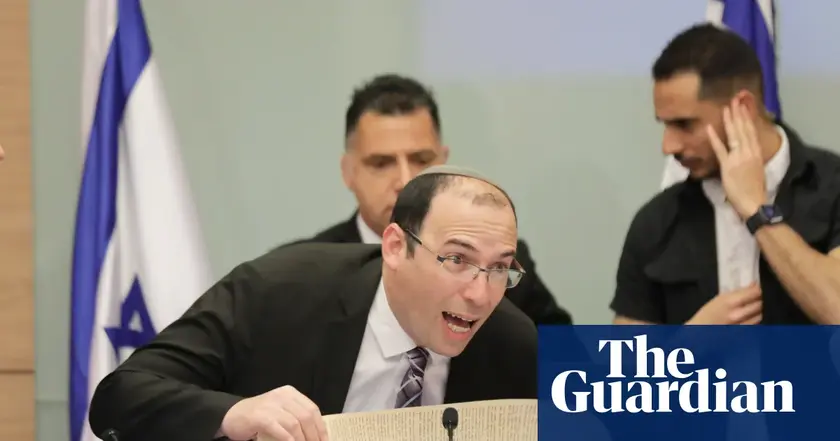
Australia blocks Rothman entry
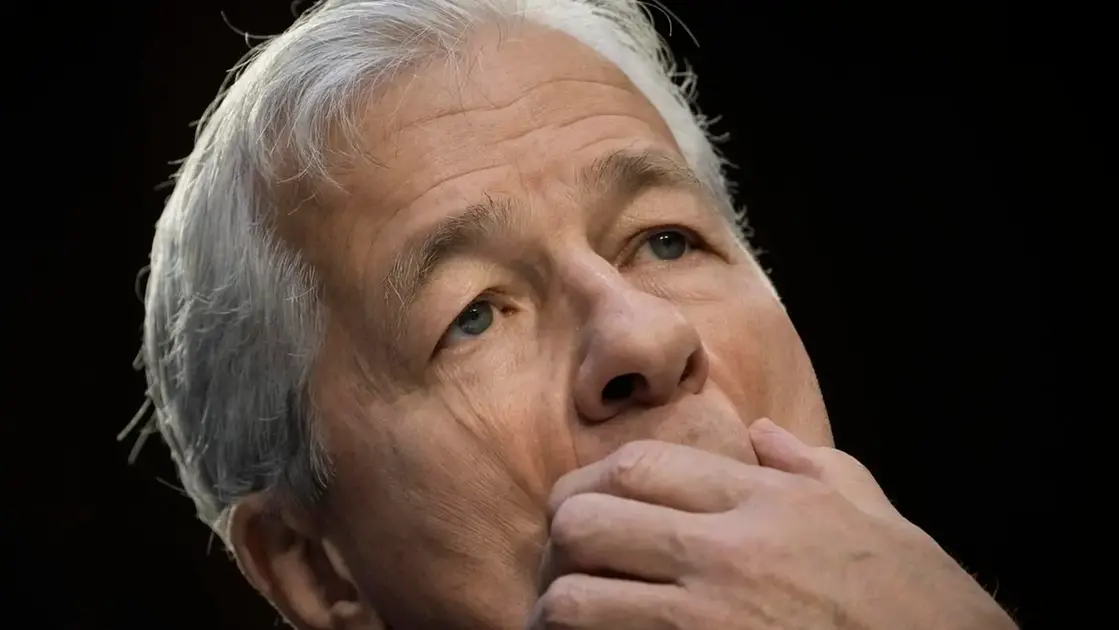
Bitcoin Price Slump Signals Policy and Liquidity Watch

Customers express anger over new carbon offset fee
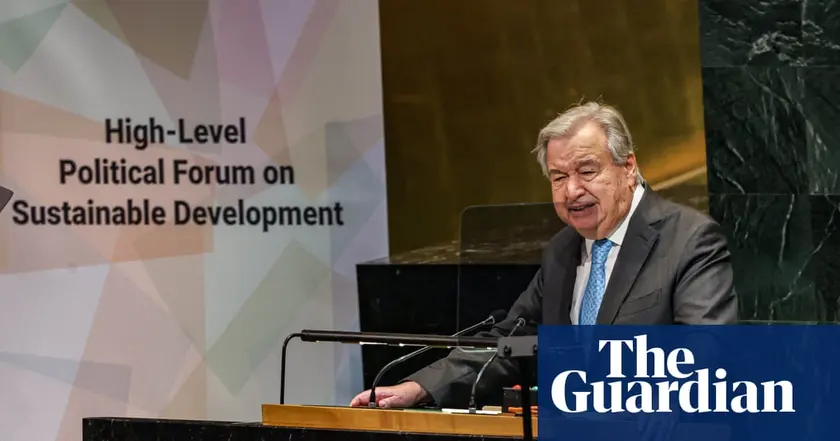
UN chief announces shift towards renewable energy

Adult sites blocked in 17 states
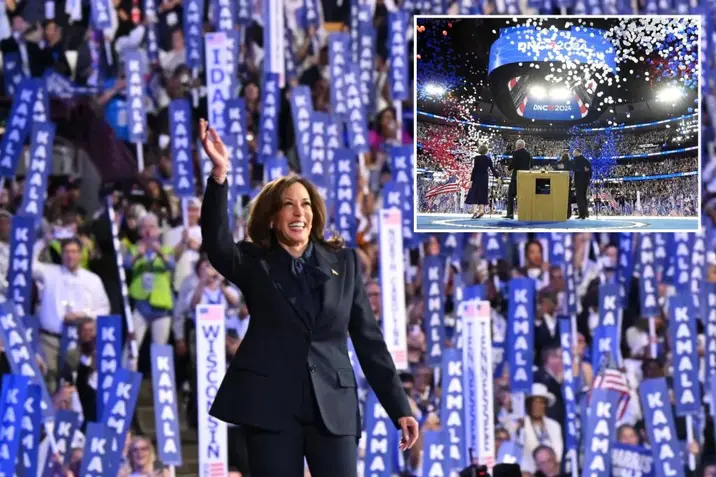
Kamala Harris rebrands as tough-on-crime at DNC

Bank of England to cut interest rates to four percent

Ubisoft Details Microtransactions in Premium Titles
